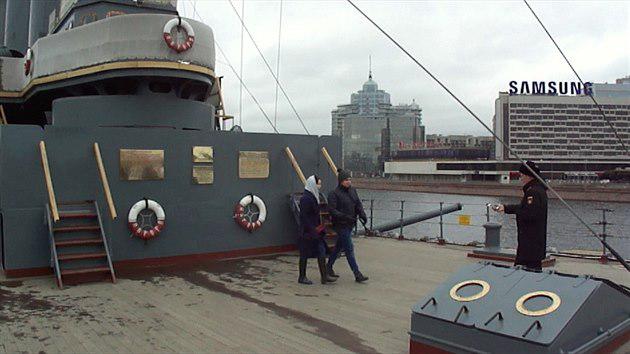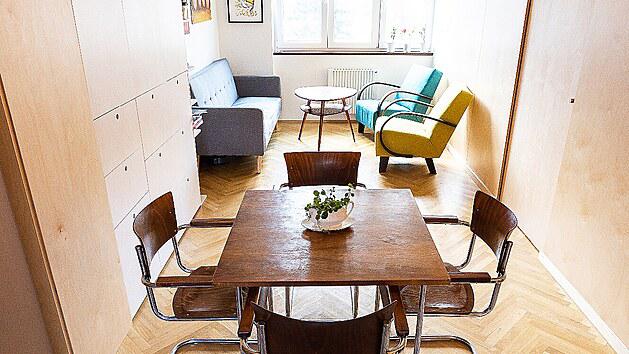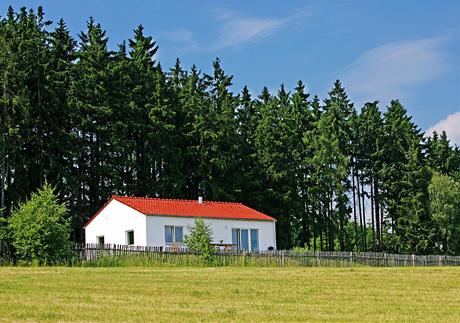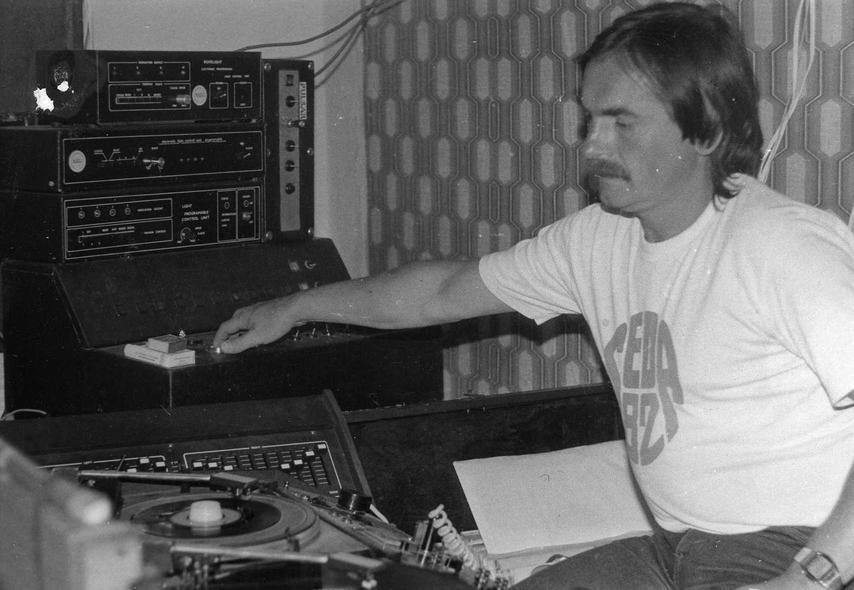
Petr Holub: Is the Green Deal the cause or solution of rising energy prices?
Did you forget the password? Change them. Only those who have already registered can apply.
My observations:
I'm not a commodity market analyst. But the consensus is that several market events coincided. LNG tankers are circling Europe to Southeast Asia, coal diversion (not just in the EU) is pushing the price of gas, and Putin has turned on the taps to push Nord Stream 2. For example, here.
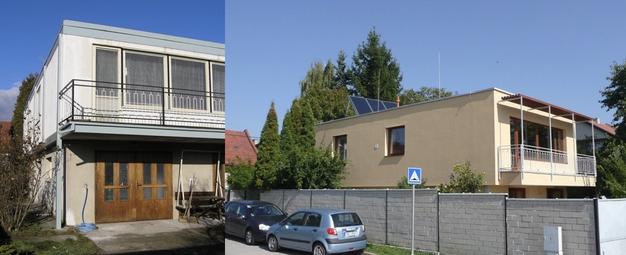
On the contrary, increasing energy efficiency and local production from renewable sources reduce the pressure on the price of energy and increase resilience to market volatility. This is a basic economic dependence. Anyone who has already taken any action is better off.
In 2011, parents paid 60,000 a year for heating and hot water, today it would be more. Investments in quality renovation to an almost passive standard have reduced today's payments to 8,000 a year. Now they don't care if the price goes up by 20% or 50%.
Family house renovated almost to a passive standard.Photo | Petr Holub# EE1st can help. What does that actually mean? See if I can reduce consumption before I upgrade the source. At the level of one building, at the level of the city, at the level of the state.
For example, investments in new district heating sources from the Modernization Fund should be conditioned by an analysis of future consumption scenarios and its density for a given locality. Isn't it worthwhile to renovate buildings and decentralize the system?
For the socially disadvantaged, it should be possible to obtain an investment component of social benefits. If the MoLSA would help this group prepare a project, obtain a subsidy from the New Green Savings program and increase it, it would save future monthly benefits.
The increase in prices on the markets will not be reflected in households immediately. Most of them have a fixed price. Some will need help in the short term, but the long-term solution is to move from volatile fossil fuel prices to reducing consumption and local RES.
In addition, it is a transfer of funds from operating expenses, which flow away from the economy quickly, into investments that increase the value of buildings, for example, and have significant multiplier effects on macroeconomic variables.
advertisement



